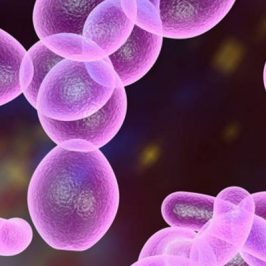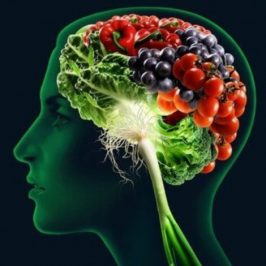Things about vaginal thrush you may not know
Vaginal yeast infections are very common. One in four women are diagnosed with a yeast infection at some point in their life but according to a recent survey 53% of women don’t know how to treat them. Things about vaginal thrush you may not know.
Thrush is the result of a yeast organism called candida overgrowth within the vagina. What is interesting is that it is present in the vagina all the time but can be in 2 different physical forms. When it is in its cellular form it doesn’t cause any irritation or discharge. It is when the immune system becomes weak, after taking antibiotics or hormones or anything that changes the pH of the vagina that the candida organisms changes into its fungal more irritating form that then causes the symptoms of inflammation, itching and sometimes a thick white vaginal discharge.
It is important to note that it isn’t a sexually transmitted disease but can irritate your partner if you leave it untreated.
The candida organism can live not only in the vagina but also on the skin and the intestines contributing to symptoms such as skin rashes and itching as well as bloating and food intolerances.
Candida thrives in an environment created by oestrogen so women who are on the oral contraceptive pill, pregnant or in the week leading up to their period when oestrogen levels are higher are more likely to suffer with thrush.
Another fact about candida is that its preferred food source is sugar, simple carbohydrates and alcohol. These create not only easily available energy for the yeast cells but also create a more acidic environment within the body which also promotes the growth of fungal organisms.
Stress has a very powerful effect on weakening the immune system and needs to be address especially if yeast infections are recurrent or chronic.
Common treatments for candida infections are creams and oral anti fungal medications such as nilstat or canasten cream or oral fluconazole capsules. Probiotics and digestive support in the form of fermented papaya probiotics can also be very helpful in changing the environment within the intestine to reduce the numbers of candida organisms and return them back to their non harmful cellular form.
Dr Elen










